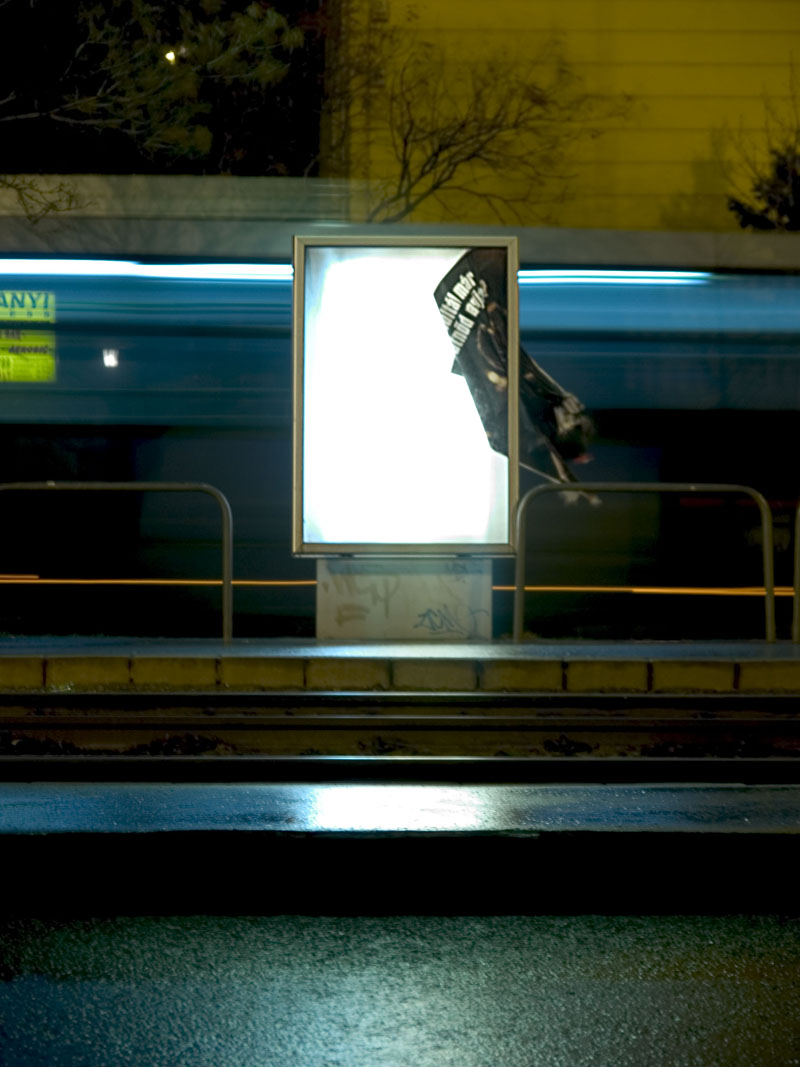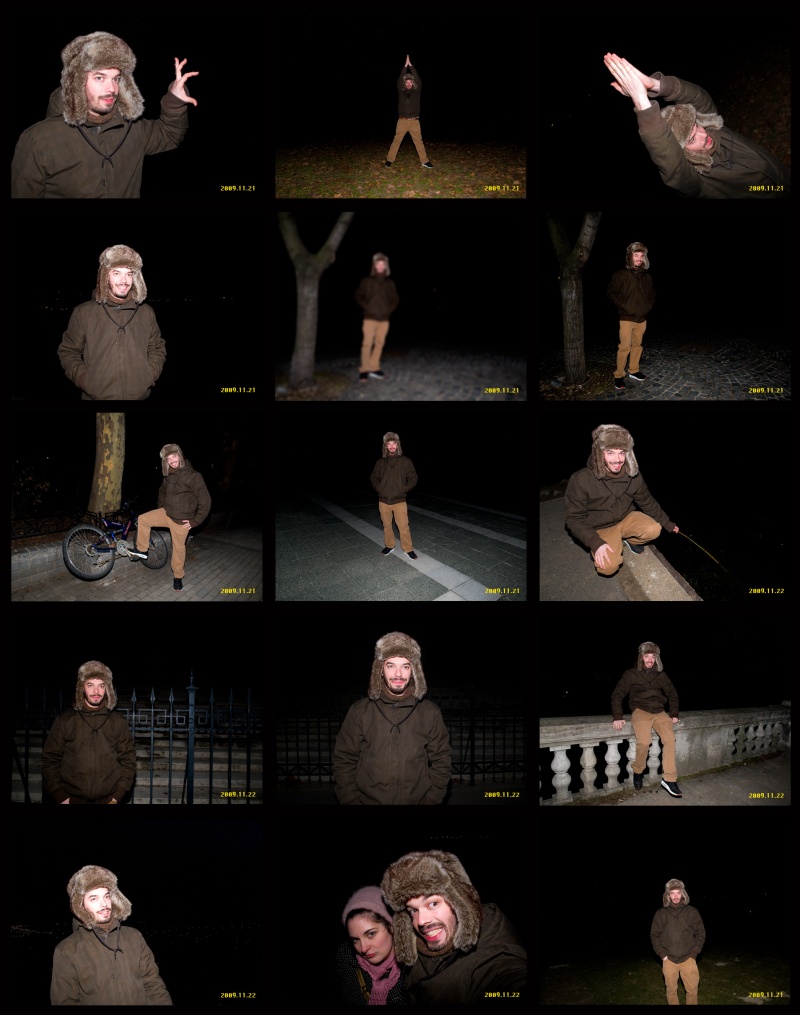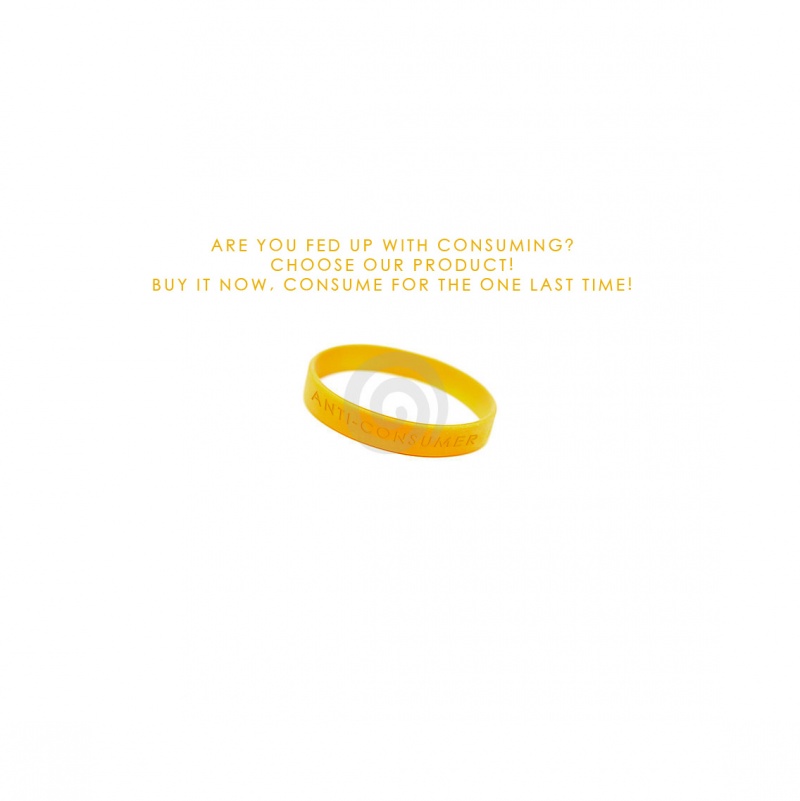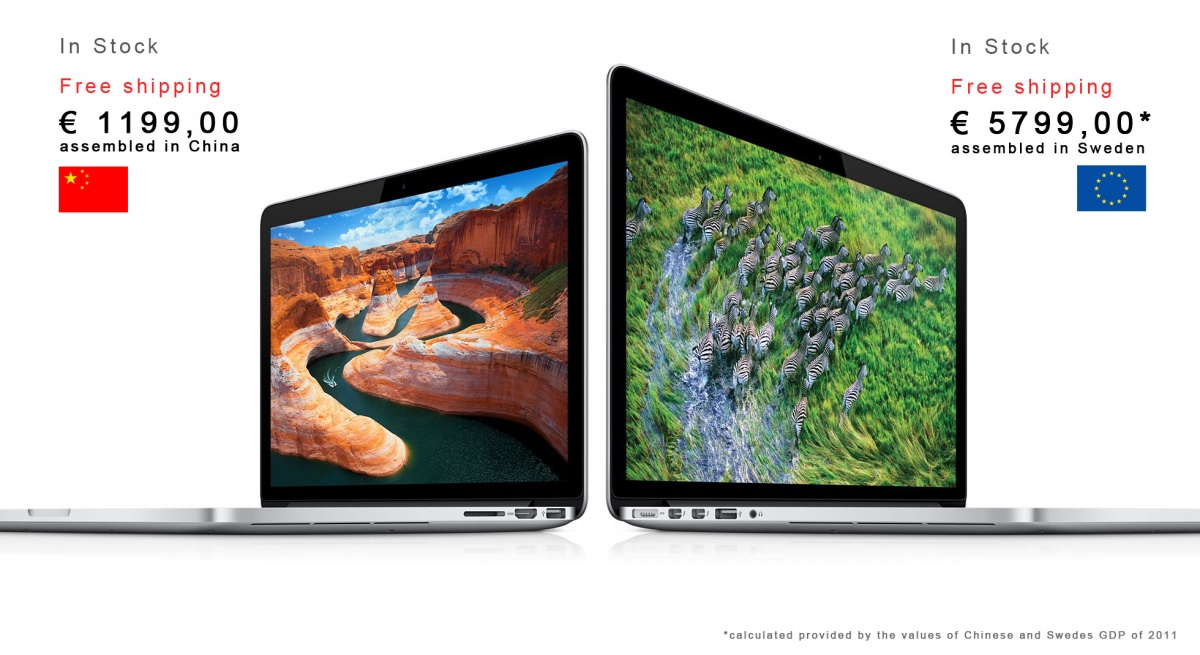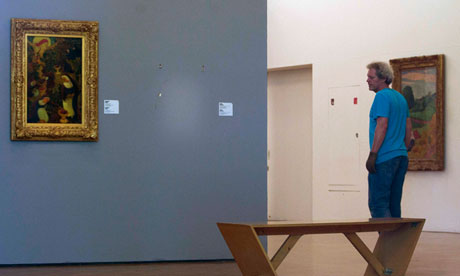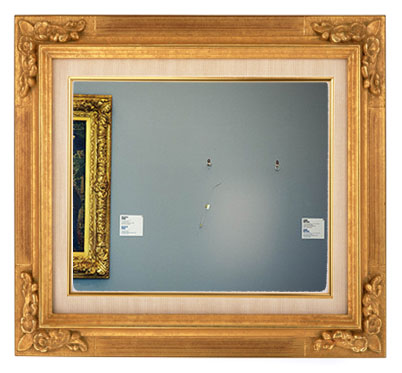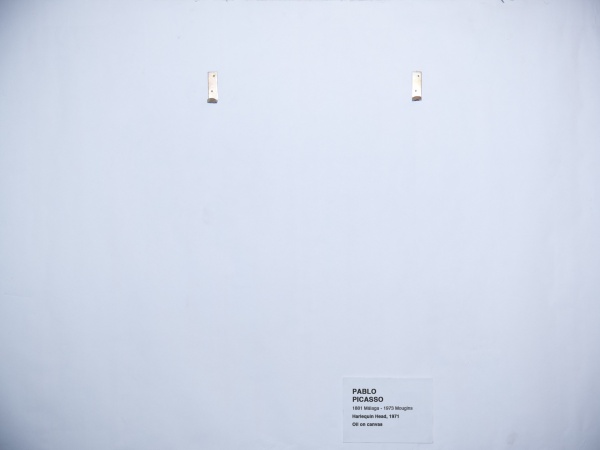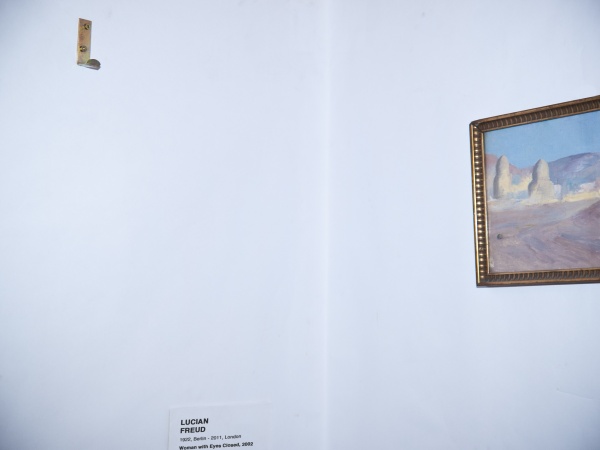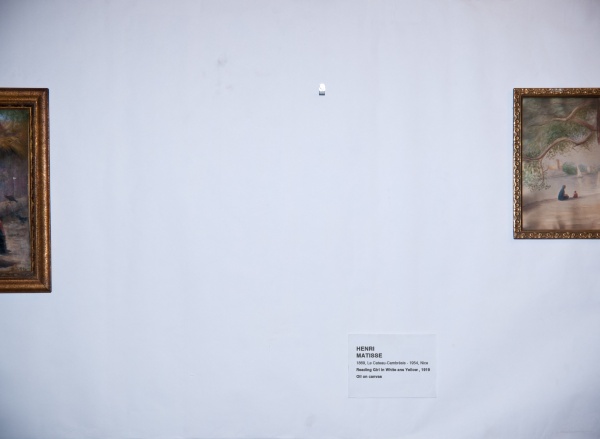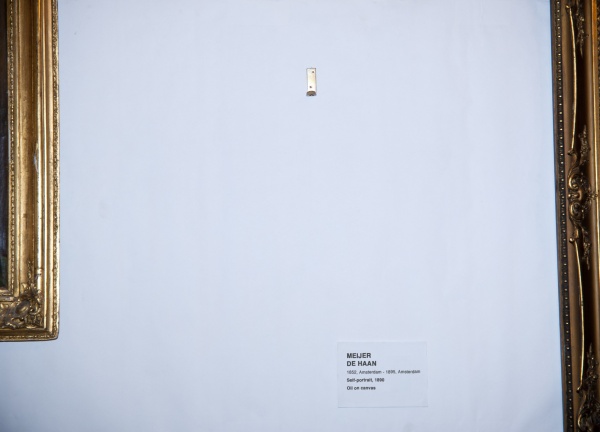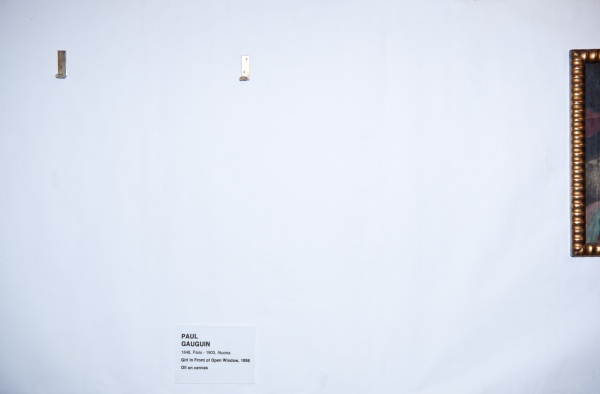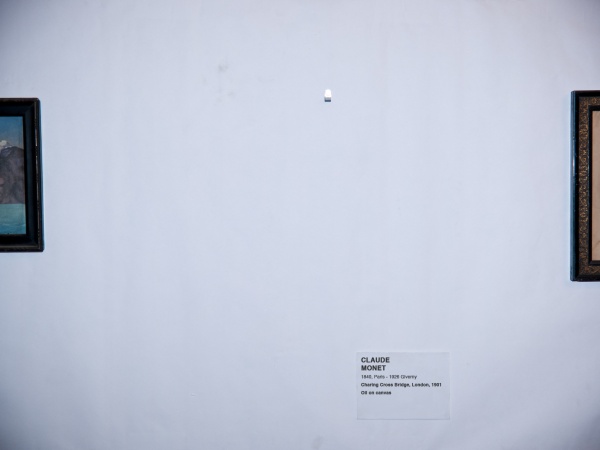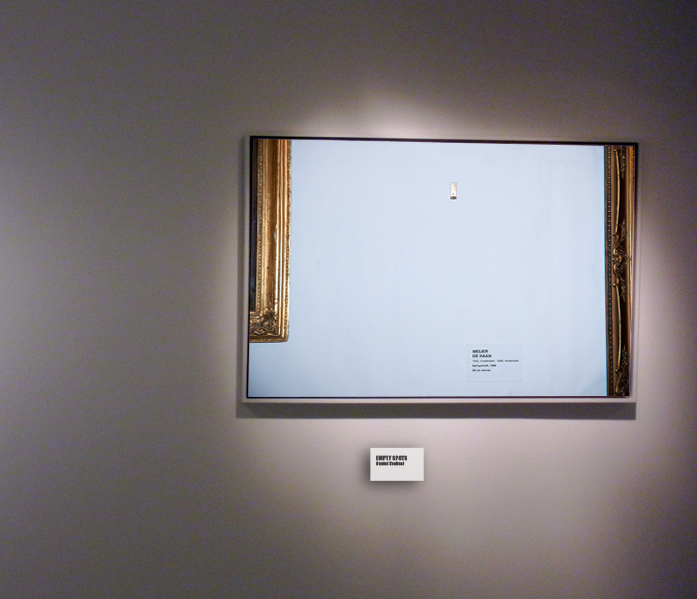User:Mano Daniel Szollosi/Graduation Project Proposal2: Difference between revisions
No edit summary |
m (→First PHOTOS) |
||
| Line 173: | Line 173: | ||
First digital sketch | First digital sketch | ||
[[File:EMPTY-spot-v1.jpg|600px]] | |||
[[File:EMPTY-spot-v1.jpg|600px]] | [[File:EMPTY-spot-v1.jpg|600px]] | ||
[[File:01Pablo C277768.jpg|600px]] | [[File:01Pablo C277768.jpg|600px]] | ||
[[File:02Lucian Freud C277775.jpg|600px]] | [[File:02Lucian Freud C277775.jpg|600px]] | ||
[[File:03 Matisse C277779.jpg|600px]] | [[File:03 Matisse C277779.jpg|600px]] | ||
[[File:04 meijer de haan C277765.jpg|600px]] | [[File:04 meijer de haan C277765.jpg|600px]] | ||
[[File:05 Paul gauguin C277772.jpg|600px]] | [[File:05 Paul gauguin C277772.jpg|600px]] | ||
[[File:06 Claude monet C277780.jpg|600px]] | [[File:06 Claude monet C277780.jpg|600px]] | ||
---- | ---- | ||
===Oil paintings=== | ===Oil paintings=== | ||
Revision as of 19:37, 14 January 2013
Graduation proposal for reassessment
Paradox, twist, reversed logic, loophole – as Methodology
by Manó Dániel Szöllősi
During the 4th trimester I was sticking myself to the context of my latest project 'Leisure Factory': global capitalism and its aspect of exploitation. I was researching this infinite, vast and broad field hoping to find another 'handle bar' I can grab like I did Mechanical Turk. This research taught me a broad overall knowledge – that is very valuable for me. This theoretical research have not manifested in my art practise – the handle was missing.
Shift in understanding
After the assessment the feedback I got from the tutors pointed out that I might be looking at the wrong place: Instead of focusing on the method I was using in my latest project I was focusing more of its context. The recent discovery is a shift in understanding from content to method.
I have analysed thorough my method, the language I was using in my previous practise and I discovered the coherent line: even if the subject of the projects are diverse and may vary, the method is that makes these projects mine. Methodically they are consistent. Insisting to this method allows me to deal with a diverse range of topics – which is liberating.
I realised that I have a greater fascination to this method itself – creating 'paradoxes', reverse systems, twists or loopholes rather than context I was dealing with – although it is also a true fascination of mine. Every project consists of a subject and a way of execution, method.
The method was creating a 'paradox' – reverse a system: pay workers to have leisure. Liberate them. Here I use 'paradox' in its more causal, everyday life meaning – not in its philosophic, scientific meaning.
I have been using this method for years but the subject – below I present some particular pieces to demonstrate
Analysis of previous ideas, proposals and inspirations
Although last year I took a look on my projects and analysed and described them as a part of Reading, Writing & Research Methodologies 2011/2012 lead by tutor Steve Rushton with this new discovery I am looking at my own project from a different position: a position where these concepts cross each other. All those projects now reached a new level of interpretation. I have not been able to define my method with a single sentence yet – but I believe by describing my previous pieces it will be clear to understand.
Storm
A single photo of mine from my archive back from 2008.
One Night in Paris
One Night in Paris is pretend to be an amateur photo series taken on a one night journey in Paris – and an unfortunate setting of the flash ruins all the pictures: everything in the background fades to black leaving only the smiling main character in the foreground exposed. The title of the photos (La tour Eiffel, Trocadéro, Le Pont d'Alma etc.) gives the solution of this weird photo series to the viewer and leaves her to project these symbolic-iconic-wellknown clichés on the almost plain black background.
The titles are naming something what is completely missing from the photos. This verbal aid that brings concreteness to the project – without this key the photos are almost unreadable. The titles reveals the fact that these photos are not what they are meant to be – they are a result of an artefact. This revealing brings tension to the project – the titles and the weird photos and the imagination-projection of the viewer start to twirl and result in a playful, witty and humorous experience.
Anti-consumer bracelet
'Are you tired of consuming? Choose our Anti-consumer bracelet! Consume for the one last time!'
This gag of mine is pretty straight forward. It encourages the consumer to protest against consuming with the an act with what the protest itself is against – although it is possible to do but does not make sense.
Conspiracy-theory against the Internet – first initial proposal for the Final Project
- 'My initial proposal was to create a conspiracy-theory which would present the idea that 'internet' as a new media, a new tool is an invention of 'them' – the invisible authorities – and its purpose to keep the masses minds stimulated, to give them the opportunity, the right for self-expression so they remain pushing forward the capitalist mechanism efficiently.'
Every conspiracy theory an approach to a certain topic that is generally believed to be good without saying or questioning from a complete opposite direction: it reverses every 'known'-'solid' fact to its opposite. It flips over the established facts, it turns the 'facts' inside-out and gives a wider lens into the hand of the viewer and opens up his mind: 'every coin has two sides'. From this I understood my attraction to conspiracy-theories: it has a similar reversing nature. The method is similar to mine: its aspect of 'turning the world upside-down' what triggers me. That is why I was repeating that I am not necessarily believe this theories but I still find them exciting.
Fairtrade
- 'FAIRTRADE logo looks down on me from the top-shelves of the most common Dutch store chain Albert Heijn. I look back on it and I start wonder: Fairtrade. I do understand both part of the mosaic word but somehow it stinks. Something is not right. And later I figured for myself: the word fair does not fit within the system of capitalism and the western society of consumption.'
- 'Capitalism does not meant to be fair by default – on the contrary: it is the system of exploitation.
Then how dare someone name a product that literally can not be true. It can be more fair, more equal, it can be more generous: but never can be fair in the purest meaning of the term.'
My attraction towards Fairtrade is again fed by its paradoxic nature: a concept that goes against the nature of capitalism but still functions under the rules of capitalism. 'Iron wheel made out of wood' – as a Hungarian expression says.
Slavoj Zizek makes critical comments against Fairtrade and their retail store that share their concept Starbucks. [http://www.youtube.com/watch?v=hpAMbpQ8J7g RSA Animate - First as Tragedy, Then as Farce by Slavoj Zizek]
In this 'one-liner' below I applied the concept of fairtrade on a field where it is not yet present to emphasise raise awareness and its absurdity.
Leisure Factory
- 'You deserve a minute off' was the title of the simple task I offered on Amazon's Mechanical Turk platform.
- Mechanical Turk is an online marketplace for work. Any US resident can commission a small task for a small fee to digital workers from all around the world. A task can be digitalization, transcribing visual or audio data, translating, writing reviews or comments or solving 'captchas'.
- My job offer was as follows: 'Stand up. Do 1 minute of exercise. Make a snapshot of yourself using your webcam. Upload the image to any image sharing service. Paste the URL of your uploaded image below and get paid 0.50$'
- The visual result of was a series of webcam portraits taken by Amazon's Mechanical Turk workers of themselves in their own working environment. The current series consists almost a hundred photos.
Leisure Factory hacked a truly exploiting system and reversed it: instead of exploiting further the project liberated the workers on tiny – but in the same time – enormous scale.
The project paid workers to take a break instead of asking them to work.
I have turned an inhuman system upside-down and squeezed something very human out of it. But for me the human aspect was a fortunate aspect of the project but not the most important for me – it was the “hacking-reversing' nature.
Andrew Norman Wilson's piece – Inspiration
Scanops
This project collects and exhibits the normally 'trashed' artefacts.
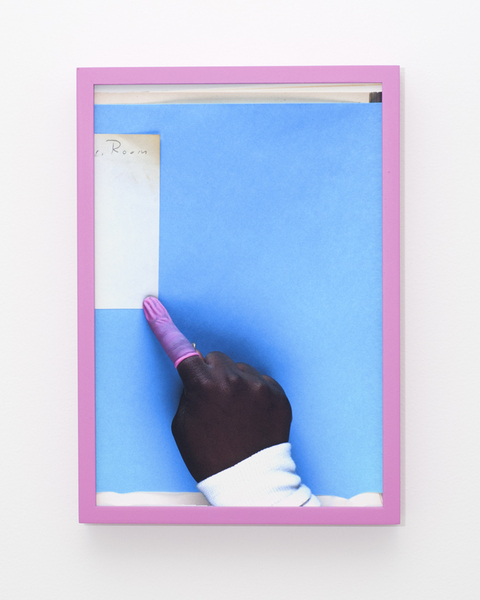
Conclusion
I hope that the above presented descriptions draw the coherent line that I have recently discovered in my own practice.
On the 11th December Assessments I wished to present and show my very recent launching project that I did not yet know why I was engaged and fascinated the most. But after the shift in understanding of my own practice suddenly it fitted perfectly in line.
In the beginning of December the Rotterdam art heist caught my attention as I was planning to visit and see the displayed collection.
I read some articles about the incident and the photo of Guardian inspired me.
I did not wish to see the exhibition anymore – I wished to stumble upon these mysterious empty spots.
EMPTY SPOTS project – in process
I visited several times the exhibition. I presumed I will find quarantined areas by the police with black impossible to see through huge nylon covers. Nothing. The exhibition was functioning as it was nothing happened at whatsoever. They have grabbed some works from the collection and filled the gaps.
So I have interviewed a guard who only answered me: 'NO COMMENT.' 'Excuse me...? 'No comment on this.' – He refused to give any information considering the incident.
The second guard was better in communication but still did not gave me any information. I was not interesting in the details of the crime incident itself but the details of the positions of the stolen painting – my plan was to make as accurate reproduction of the empty spots with all the details as possible.
Interview with a guard about the heist
First PHOTOS
I decided to reproduce the empty spots.
Oil paintings
One idea to continue this project is by commissioning a Chinese painting company to transpose these photos of mine to handmade oil painting on canvas. Then the project would become a series of oil painting showing whats is left behind of the stolen oil paintings.
I have contacted several oil painting companies for a price offer. Due to the simplicity of the photos I am asking them to offer me a special price reduction.
(We are in the process of clarifying their task as in the first round – not surprisingly – got really surprised and were sure that I was attaching some wrong picture
A company replied and gave a price offer for the paintings that very on the credit table inside the photo)
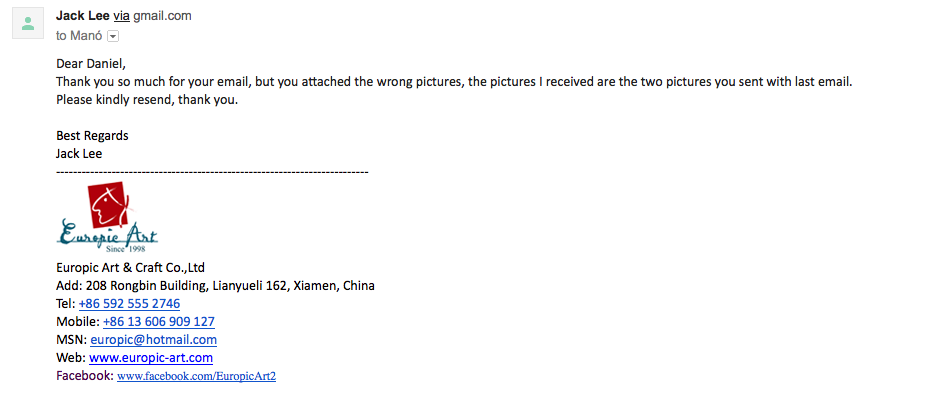
DESIGN from empty spots document
FRAMES IN FRAMES
I started to play, push a step further the concept of framing phenomena.
Here by faking a displaying situation and reframe it as a representation of the exhibition itself.
Frame it around in a different sharing context.
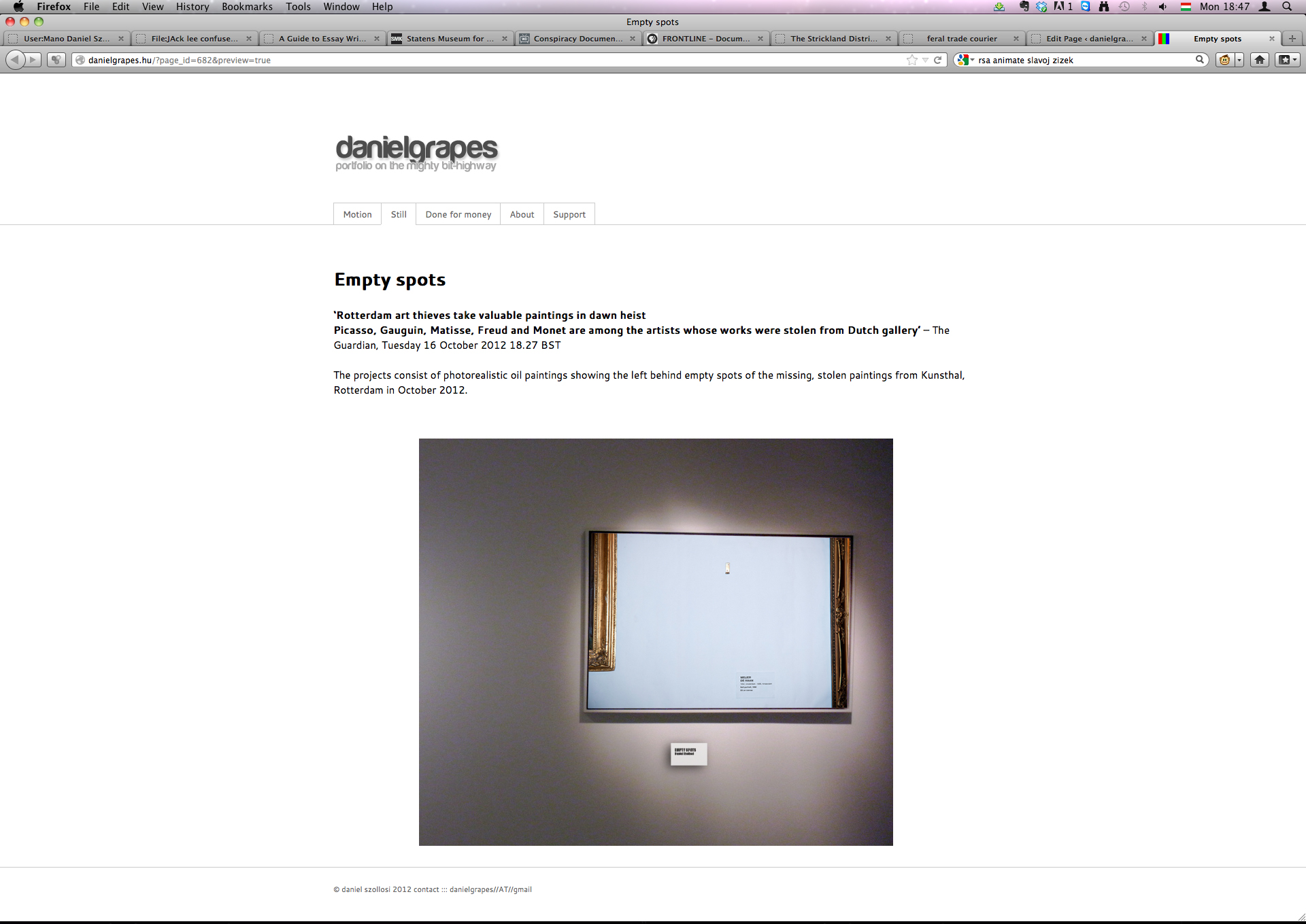
and reframe it again in a secondary sharing context.
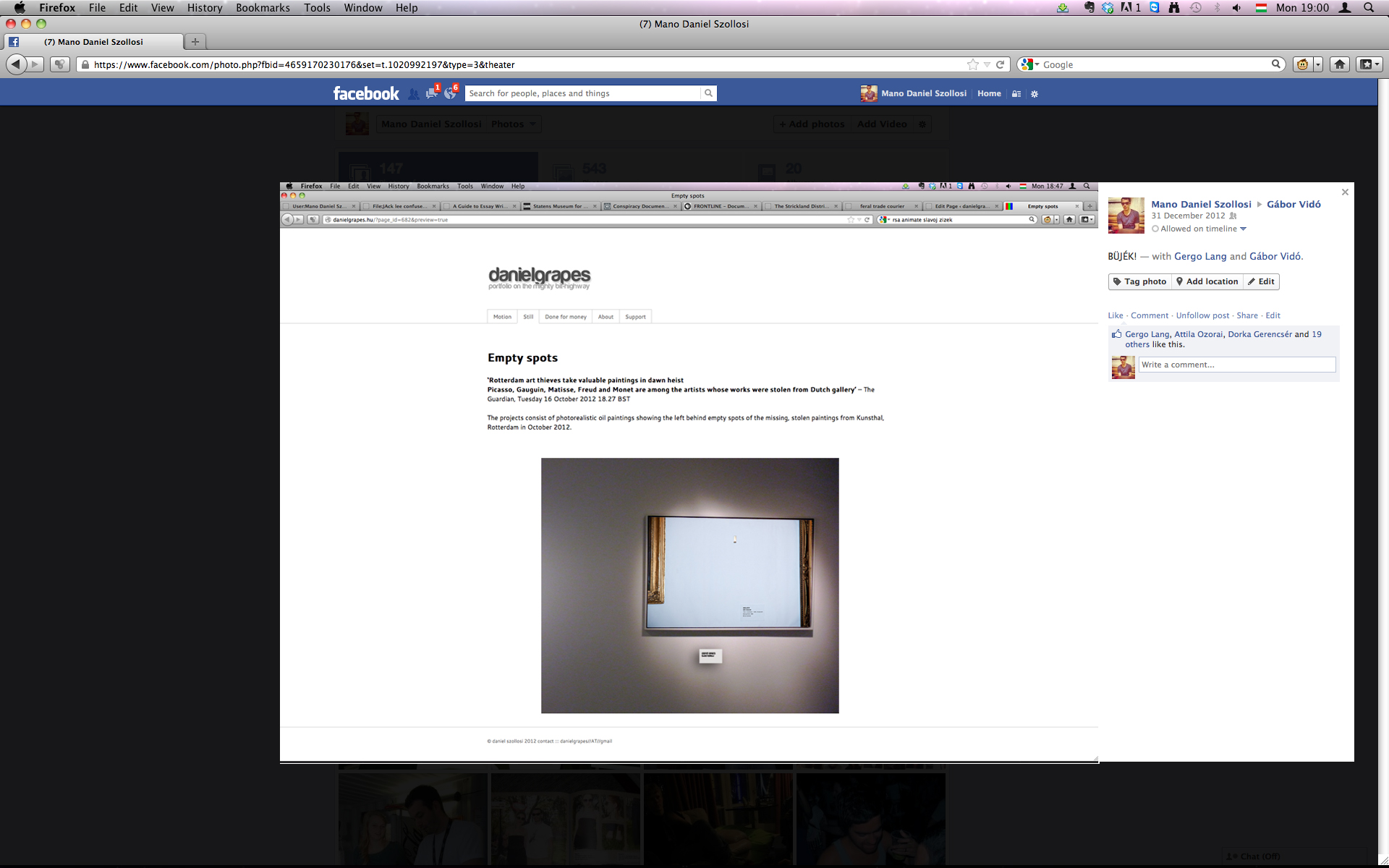
Project Status
Above You could take a look about the materialized result of the ongoing project.
Here I attempt to describe where is the project, express the notion and where I would like to lead it.
=Alternative titles
THIS IS NOT ANYMORE WHAT IT SHOULD HAVE REMAINED TO BE
'Good artists copy, great artists steal – Pablo Picasso'
Ceci pas un pomme by René Magritte – part of the Triton Collection
Description
'Empty spots' 'steals' back what has been stolen: it revalues a great value-loss. A value that is actually completely fictitious – because clearly the painting were not for sale – but has been multiplied by this real event. The project creates value out of pure loss.
'Art' is still there, because the event increases its aura, makes it more iconic. This makes it irrelevant what is actually painted. By exhibiting the empty spaces, recursion emerges. Everything is made in china these days, why not art, especially when content does not seek or need authenticity any more.
Design – The frames framing the empty spot
The surrounding painting's frames create a frame for my image as an object. Upon the design function of these antique frames I create another layer of loophole. The frames generally shout be materialized objects around the surface of the painting – but this case its part of the painting. In fact it is the painting because there are no other details almost on the painting.
Instead of actually placing the painting inside of an authentic antique frame – as it is traditional – it becomes part of the painting. This effect eliminates what is generally materialized (the frame itself) and transposes it onto the canvas These frames of the surrounding paintings also hints the topic of Aura: the frames are not part part of the original painting – they are the plate under the dish and the side-dish just like the bright white table cloth and the shiny cutlery. But all together they create the Aura surrounding the phenomena dining. They represent the aura of the surrounding painting without revealing and showing them. For me they belong to the same 'accessories' category with the hooks and security metal wires – they are all just point at something what is not there.
Research
The Reverse of a Framed Painting
I recently discovered a particular painting from 1670 by Cornelius Norbertus Gijsbrechts (c. 1610 - after 1675), Trompe l'oeil. The Reverse of a Framed Painting
I will research Trompe l'oeil
http://foto.smk.dk/index.php?p=KMS1989.jpg%7C600px
Banksy
Look into Banksy's acts when he hangs up himself his own painting in the world's most classy museums.

